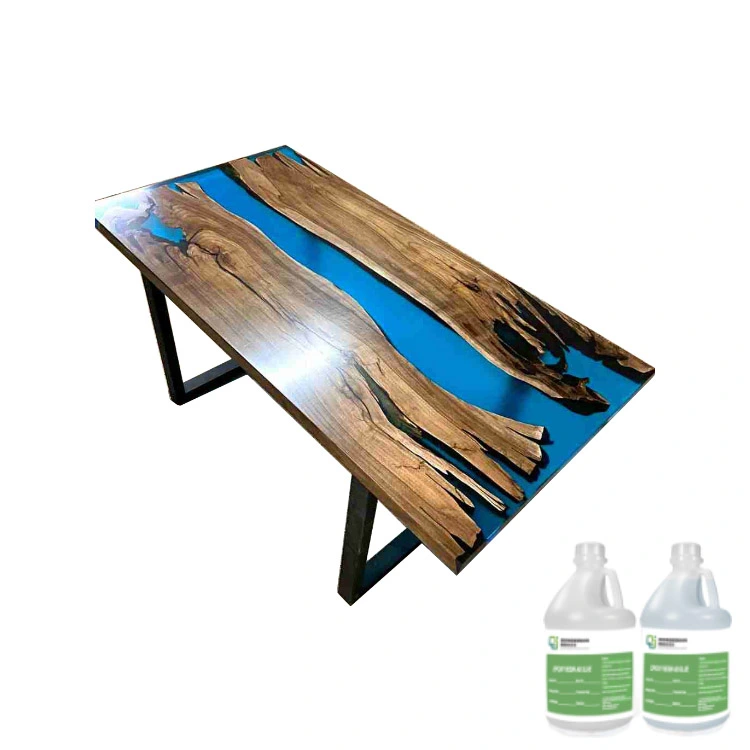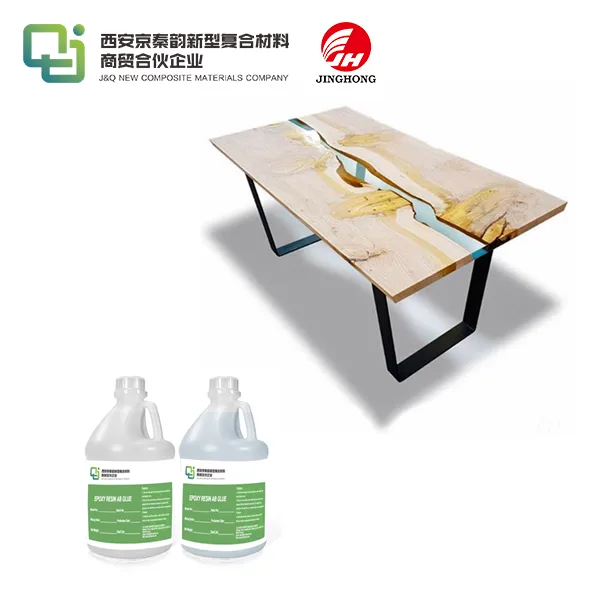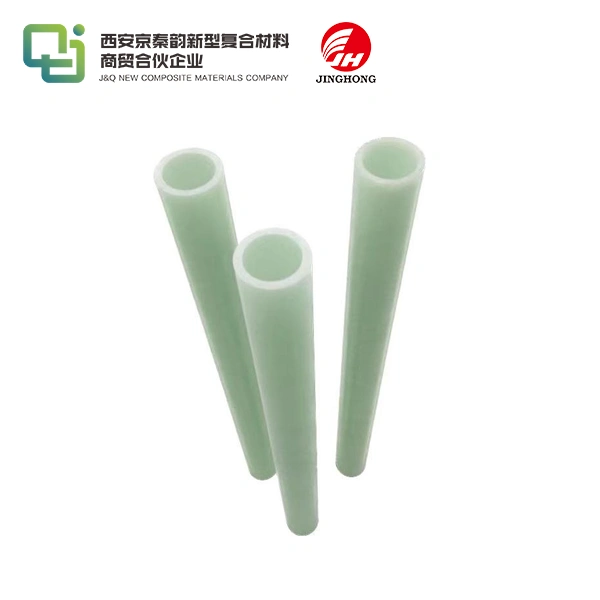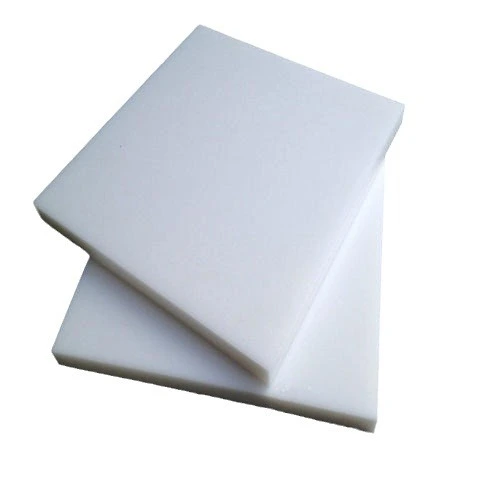The Role of NEMA Grade L Phenolic Cotton Board in Ensuring Electrical Safety
2025-04-09 16:35:41
When it comes to safeguarding electrical systems, the choice of materials can make all the difference. NEMA Grade L phenolic cotton board plays a pivotal role in ensuring electrical safety across a myriad of applications. This high-performance insulating material, crafted from layers of cotton fabric impregnated with phenolic resin, boasts exceptional dielectric strength, mechanical resilience, and thermal stability. Its ability to resist electrical arcing, withstand high voltages, and endure harsh environments makes it indispensable in protecting equipment and personnel alike. From power distribution panels to intricate machinery components, this insulating marvel minimizes risks, enhances system reliability, and upholds stringent safety standards, making it a cornerstone in modern electrical engineering.
The Unique Properties of NEMA Grade L Phenolic Cotton Board
Composition and Manufacturing Excellence
NEMA Grade L phenolic cotton board is a composite material renowned for its meticulous construction. Layers of fine-weave cotton fabric are saturated with phenolic resin, a thermosetting polymer, and then subjected to intense heat and pressure. This process yields a laminated sheet that combines the flexibility of cotton with the rigidity of cured resin, resulting in a material that excels under duress. The tight weave of the cotton fabric enhances its mechanical integrity, while the phenolic resin imparts superior electrical insulation properties. Manufacturers with decades of expertise, such as those with over 20 years in the insulating sheet industry, ensure that each board meets rigorous NEMA standards, guaranteeing consistency and reliability for global applications.
Electrical Insulation Capabilities
One of the standout attributes of this material lies in its dielectric prowess. NEMA Grade L phenolic cotton board exhibits a high dielectric strength, meaning it can withstand substantial voltage without breaking down. This characteristic is crucial in preventing electrical arcing, a phenomenon that can lead to equipment failure or catastrophic fires. Its low moisture absorption further bolsters its insulating performance, ensuring that it remains effective even in humid or damp conditions. Engineers and designers worldwide rely on this material to create barriers between conductive elements, safeguarding both low- and high-voltage systems with unwavering dependability.
Mechanical and Thermal Resilience
Beyond its electrical virtues, NEMA Grade L phenolic cotton board is lauded for its robustness. Its mechanical strength allows it to endure significant physical stress, making it ideal for applications where components are subject to vibration, impact, or wear. Additionally, its thermal stability ensures that it retains its properties across a wide temperature range, resisting degradation even in environments prone to heat fluctuations. This durability translates to longer service life for equipment, reduced maintenance costs, and enhanced safety, positioning it as a preferred choice in industries ranging from power generation to transportation.
Applications of NEMA Grade L Phenolic Cotton Board in Electrical Safety
Power Distribution Systems
In the realm of power distribution, safety is paramount, and NEMA Grade L phenolic cotton board shines as a guardian of reliability. Electrical panels, switchgear, and circuit breakers often incorporate this material as insulating spacers, barriers, or supports. Its ability to prevent unintended current flow between conductive parts ensures that these systems operate without risk of short circuits or electrical faults. By mitigating the potential for arcing or overheating, this insulating sheet material upholds the integrity of power distribution networks, protecting both infrastructure and personnel in facilities worldwide.
Industrial Machinery and Equipment
Industrial environments demand materials that can withstand rigorous conditions, and NEMA Grade L phenolic cotton board rises to the challenge. In machinery such as motors, generators, and transformers, it serves as an insulating component that separates windings, supports coils, or acts as a mounting base. Its resistance to electrical breakdown and mechanical wear ensures that these machines operate safely and efficiently, even under continuous operation or extreme loads. This reliability is especially critical in manufacturing plants, where downtime due to electrical failures can result in substantial losses.
Renewable Energy Systems
As the world pivots toward sustainable energy, the role of advanced insulating materials becomes increasingly vital. NEMA Grade L phenolic cotton board finds extensive use in renewable energy systems, such as wind turbines and solar inverters. In wind turbines, it insulates critical electrical components, protecting them from environmental stressors like humidity and temperature swings. In solar inverters, it ensures safe operation by preventing electrical faults that could compromise energy output. By supporting the longevity and safety of these systems, this material contributes to the global push for cleaner, safer energy solutions.

Why Choose NEMA Grade L Phenolic Cotton Board for Your Safety Needs
Compliance with Global Standards
Safety in electrical applications hinges on adherence to recognized standards, and NEMA Grade L phenolic cotton board excels in this regard. Certified under the National Electrical Manufacturers Association (NEMA) guidelines, this material meets stringent requirements for electrical insulation, mechanical strength, and thermal performance. Its compliance ensures that it can be confidently deployed in projects across the globe, from North America to Asia, without compromising safety or regulatory adherence. Manufacturers with extensive experience in foreign trade, such as those with over a decade of international collaboration, understand the importance of meeting diverse regional standards, making this material a trusted choice worldwide.
Cost-Effectiveness and Longevity
Investing in high-quality insulating materials is not just about safety - it's also about value. NEMA Grade L phenolic cotton board offers an impressive balance of performance and cost-effectiveness. Its durability reduces the need for frequent replacements, while its reliability minimizes the risk of costly electrical failures. For manufacturers and engineers, this translates to lower lifecycle costs and enhanced operational efficiency. When sourced from reputable suppliers with a proven track record, such as those with decades of industry experience, customers can expect consistent quality that delivers long-term savings and peace of mind.
Versatility Across Industries
The adaptability of NEMA Grade L phenolic cotton board is one of its most compelling attributes. Its unique combination of properties makes it suitable for a vast array of applications, from heavy-duty industrial settings to precision electronics. Whether it's insulating high-voltage transformers, supporting intricate circuit designs, or protecting renewable energy systems, this material proves its mettle time and again. Its global availability, supported by manufacturers with extensive trading networks, ensures that businesses in any sector can access this indispensable material, tailoring it to their specific safety and performance needs.
Conclusion
NEMA Grade L phenolic cotton board stands as a linchpin in the quest for electrical safety, blending superior insulation, mechanical fortitude, and thermal endurance into a single, versatile material. Its applications span critical industries, safeguarding power systems, machinery, and renewable energy solutions with unwavering reliability. By choosing this material, businesses not only enhance safety but also invest in longevity and efficiency, all while meeting global standards. For manufacturers and engineers worldwide, it's a trusted ally in building safer, more resilient electrical systems.
Contact Us
For more information about NEMA Grade L phenolic cotton board and how it can enhance the safety of your electrical applications, please contact us at info@jhd-material.com. Our team of experts is ready to assist you in finding the right insulating solutions for your specific needs.
References
1. National Electrical Manufacturers Association. "NEMA Standards Publication LI 1-1998: Industrial Laminated Thermosetting Products."
2. Smith, J. A. "Electrical Insulation Materials: Properties and Applications in High-Voltage Systems." Journal of Electrical Engineering, Vol. 45, Issue 3, 2019.
3. Brown, T. R. "Phenolic Composites in Electrical Safety: A Comprehensive Review." Materials Science Quarterly, Vol. 12, Issue 2, 2020.
4. International Electrotechnical Commission. "IEC 60893-3-4: Insulating Materials - Industrial Rigid Laminated Sheets."
5. Lee, H. K. "Thermal and Mechanical Performance of Phenolic Cotton Laminates in Industrial Applications." Engineering Materials Journal, Vol. 18, Issue 1, 2021.
6. Patel, R. M. "Advancements in Insulating Materials for Renewable Energy Systems." Energy Technology Review, Vol. 9, Issue 4, 2022.







